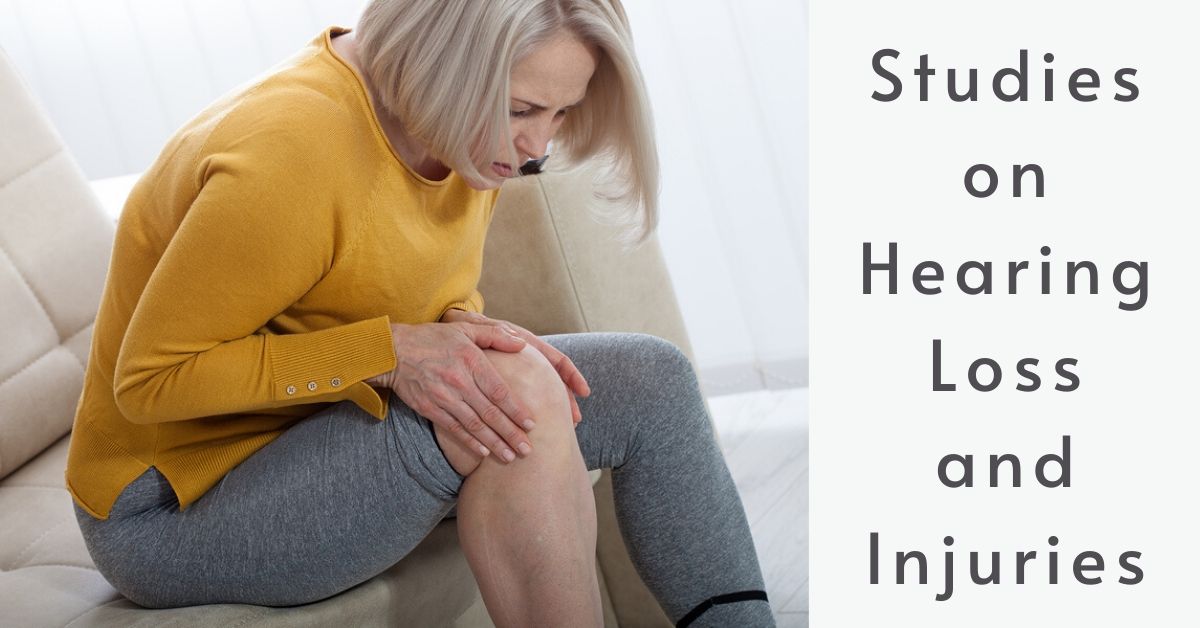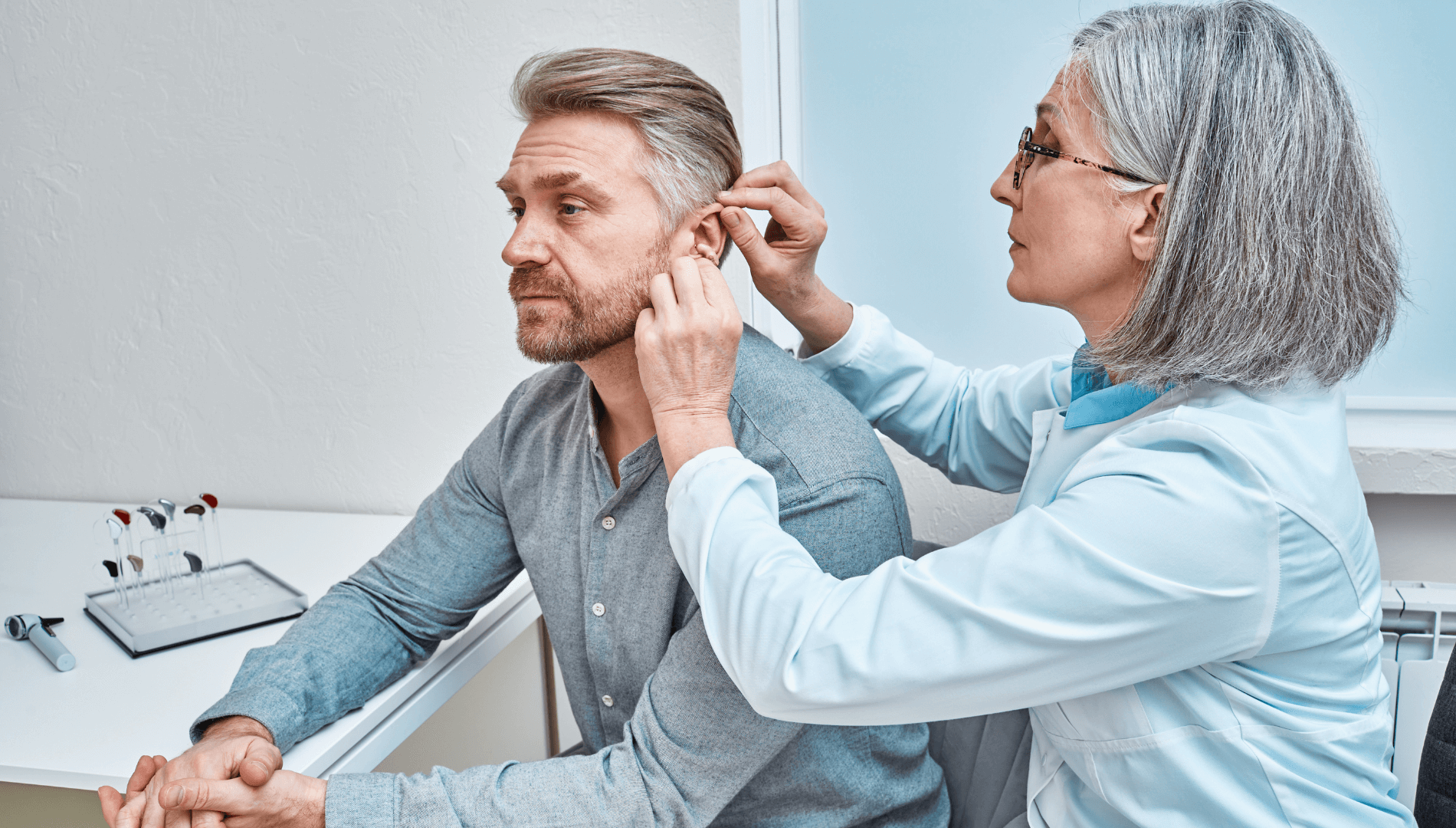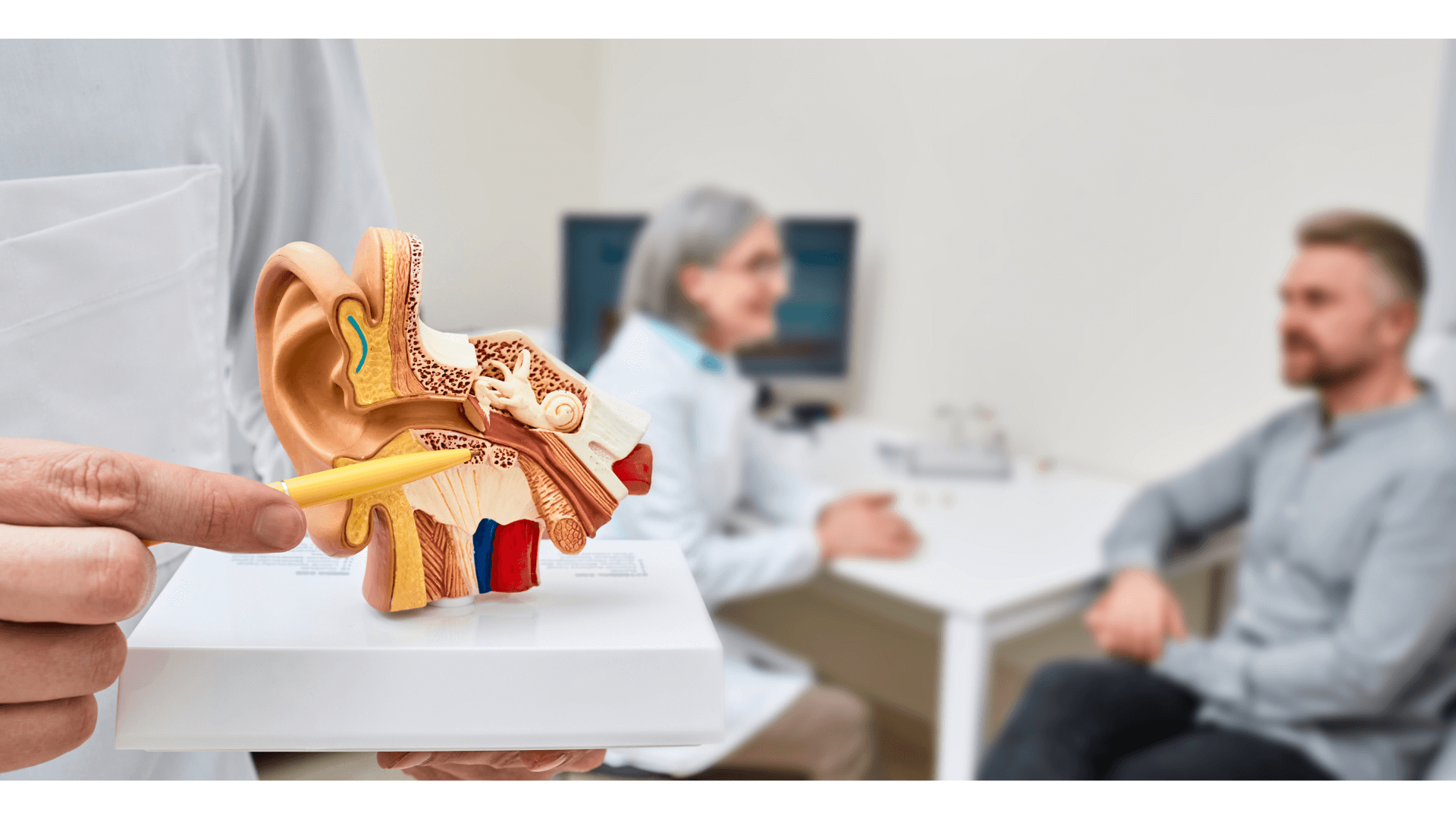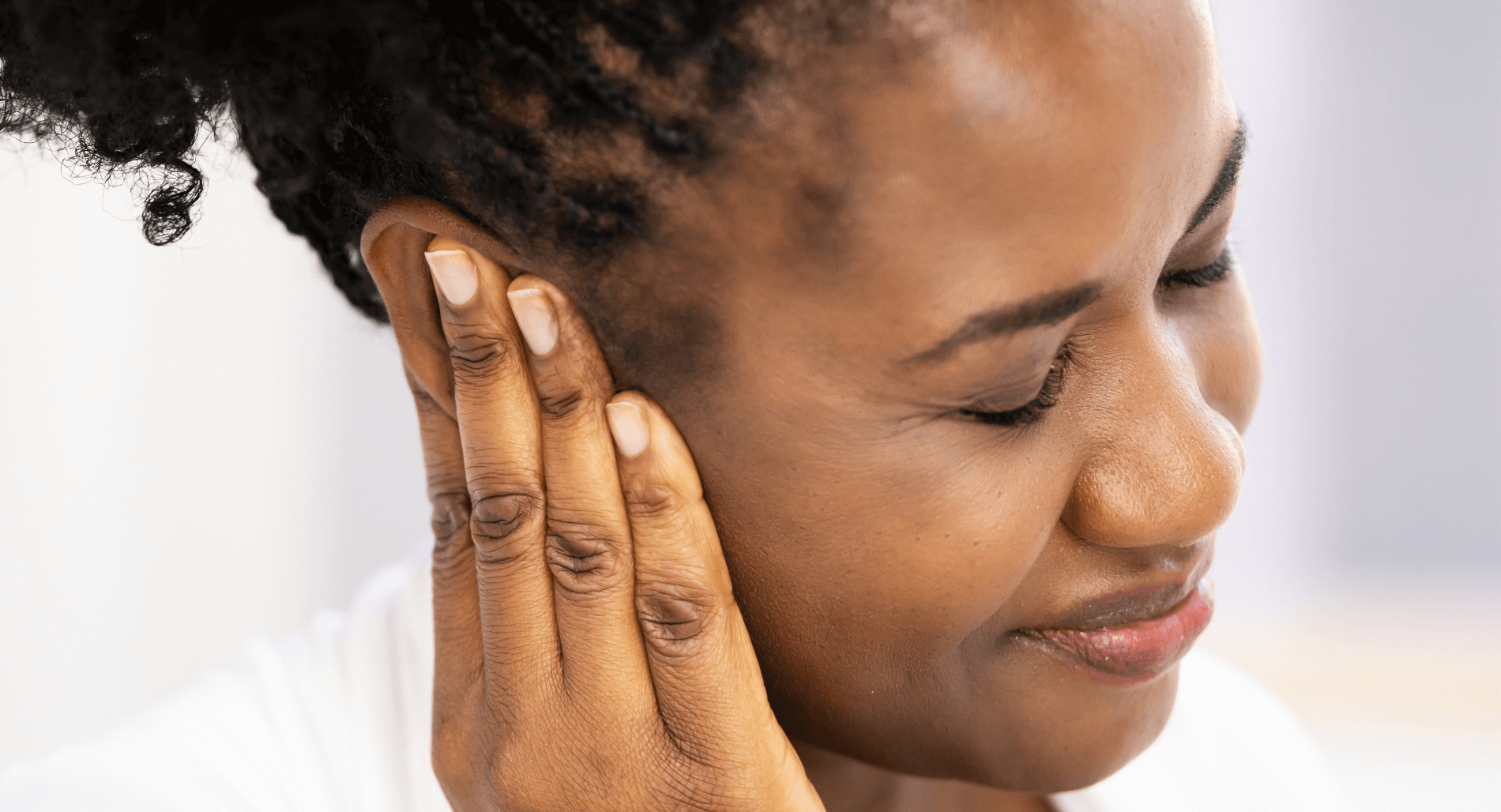
Hearing loss may be affecting you more than you realize. Hearing loss is associated with higher rates of social isolation, anxiety, and depression, and living with untreated hearing loss makes it difficult to communicate with family and friends. People with hearing loss also experience cognitive effects, such as difficulty concentrating on tasks and remembering clearly. Hearing loss is even a risk factor for dementia. Hearing loss also affects your overall safety, and studies show that hearing loss increases your risk of accident or injury.
Studying Hearing Loss and Injuries
A 2018 study published in JAMA Otolaryngology Head & Neck Surgery found that hearing loss is associated with a higher risk of accidental injuries. Researchers looked at survey data from the National Health Interview Survey that collected information from 232.2 million Americans between 2007 and 2015. They found that the annual rate of accidents was 6.6 million adults per year, and nearly 17% of these individuals reported having difficulty hearing.
Adults who rated their hearing as poor were almost twice as likely to have an accident as people who had normal hearing. Accidental injury related to hearing loss can be at work, or during leisure activities such as driving or even walking. Hearing loss makes it hard to hear the sounds around you, notice the bicycle coming up behind you, or hear a car honk in front of you.
Safety at Work
Another study published in the journal of Occupational and Environmental Medicine shows that hearing loss leads to far more accidents and injuries at work. We use our sense of hearing to localize sounds in the environment, and easily determine where a sound is coming from. With clear hearing you’ll know that heavy machinery is being operated behind you and to the left. Hearing also serves as a warning system, alerting you to dangers in the environment. Beeping equipment, a warning bell, or even the shout of a coworker can warn you of a risk in the environment, and help you avoid accidental injury.
Safety Behind the Wheel
Driving is another area where hearing plays a key role. Distracted driving and driving while tired can be deadly, but driving with hearing loss can be equally dangerous. Vision isn’t the only one of the senses you use while driving, and your ears help you stay safe behind the wheel. Clear hearing helps you maintain awareness of your surroundings, and notice other vehicles around you. If you have hearing loss, it will be more difficult to hear the honk of a car in your blind spot, or the shout of a mother whose child has just run out into the street. Hearing also helps you hear a siren approaching from another street, or realize you’ve left your indicator light on after completing a turn.
Safety During Leisure Activities
Leisure activities become more dangerous when you have hearing loss, and you’re more likely to have an accident when playing sports, riding your bike, or even going for a walk in the park. Falls are more common among those with hearing loss, and you may not hear someone yelling “watch out!” when a ball is whizzing towards your knees. Struggling to localize sounds in the environment impacts safety during leisure activities, and can lead to accidental injury.
Treating Hearing Loss to Improve Safety
Accidental injuries are among the leading causes of disabilities in the US, and millions of people visit emergency departments every year to treat an accidental injury. Untreated hearing loss, and other sensory impairments, increase your risk of an injury, so check your vision, and schedule an appointment for a hearing test.
Treating hearing loss will improve your safety, and lower your risk of accidental injuries, hospital visits, and permanent disabilities. Many people with mild or moderate hearing loss wait 5 to 7 years before getting a hearing test, and lose even more of their hearing abilities during this time. Don’t wait to have an accident before treating your hearing loss, but do the right thing for your health and well being, and schedule a hearing test. Reduce your risk of an accidental fall or injury with quality hearing aids, and enjoy all the added benefits of clear hearing, such as improved relationships and a higher quality of life.

Should I Get Fitted For Hearing Aids?
Matthew Favinger, M.S., F-AAA

A Comprehensive Look at Conductive Hearing Loss
Matthew Favinger, M.S., F-AAA

